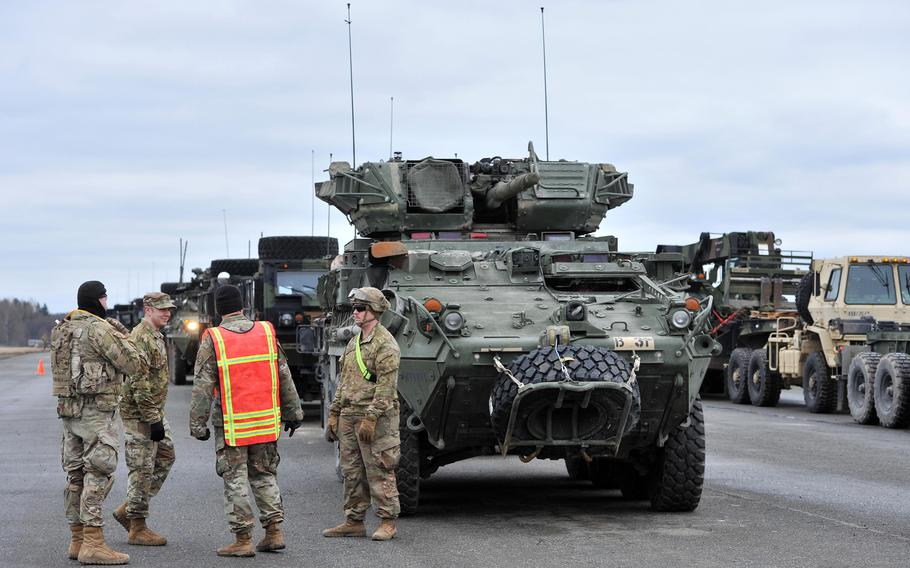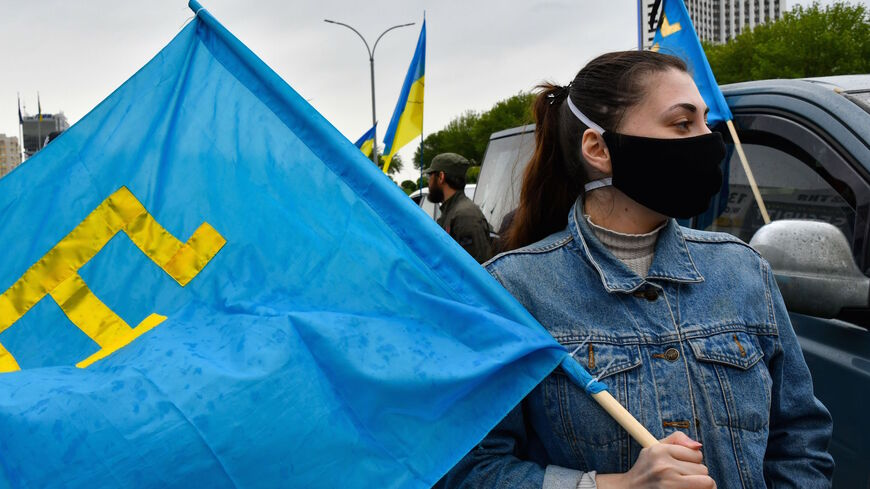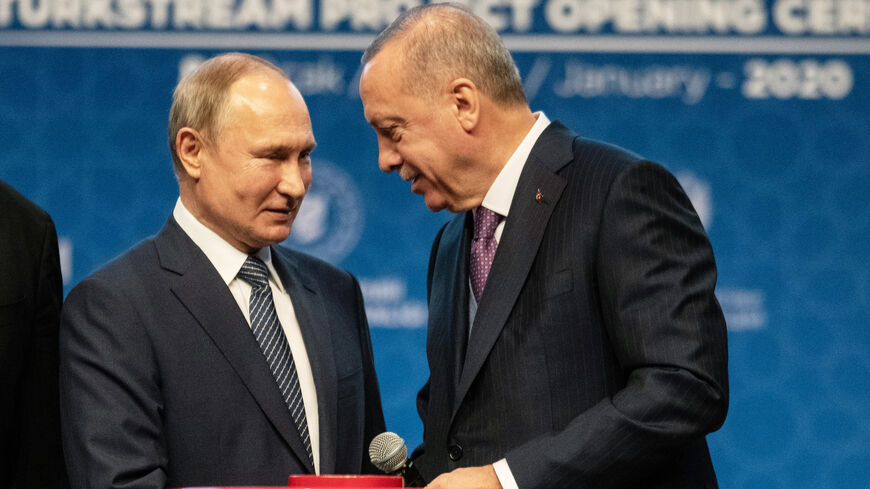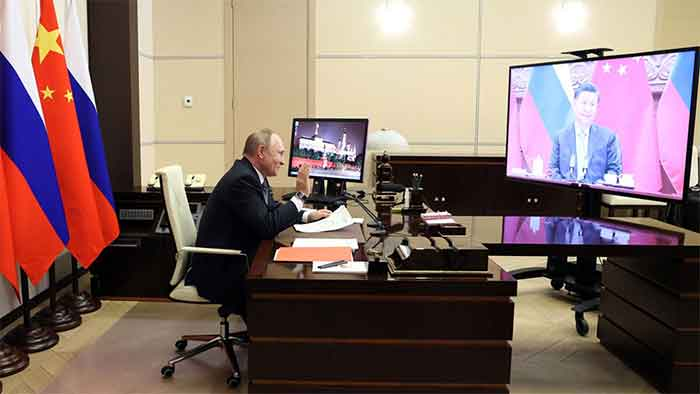US troops could help evacuate American citizens in Ukraine should Russia invade, Pentagon says
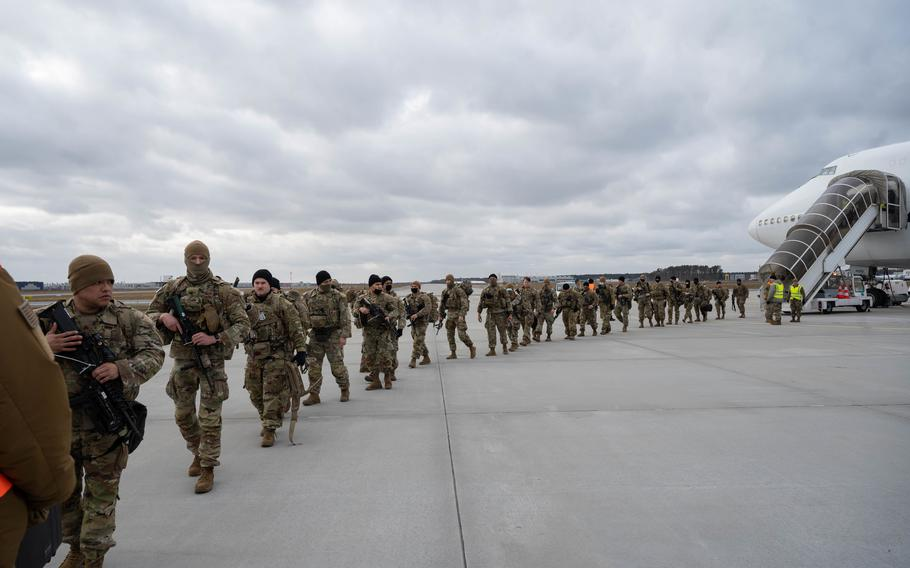
U.S. troops could be used to help evacuate American citizens from Ukraine should Russia invade the country, chief Pentagon spokesman John Kirby said Wednesday.
Kirby’s comments came as roughly 850 troops with the 82nd Airborne Division from Fort Bragg, N.C., arrived in Poland in response to more than 100,000 Russian troops amassed on Ukraine’s northern and eastern borders. Another 850 troops with 82nd Airborne are expected to join them in the coming days.

